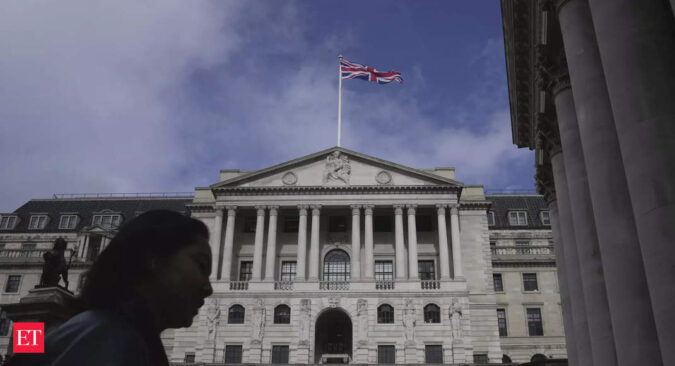“The improved outlook reflected stronger global growth, lower energy prices, the fiscal support in the Spring Budget, and the possibility that a tight labour market would lead to lower precautionary saving by households,” Bank of England said in a statement as it hiked Its key interest rate by a quarter-point to 4.5%, the highest level in almost 15 years, as it bids to cool sky-high inflation.
In February, it had said that “it expects GDP to fall slightly throughout 2023 and Q1 of 2024 as high energy prices weigh on spending. This forecast is consistent with the technical definition of a recesssion which is at least two quarters of falling output.”
The central bank staff now expect underlying UK GDP to grow by around 0.2% in both 2023 Q1 and Q2, compared to expectations in the February report of negative growth.
The unemployment rate was now projected to remain below 4% until the end of 2024, before rising over the second half of the forecast period to around 4½%.
“Although there are indications that the labour market has started to loosen, it is expected to remain tighter than in the February Report in the near term. The unemployment rate is now projected to remain below 4% until the end of 2024, before rising over the second half of the forecast period to around 4½%,” Bank of England said.
The BOE’s unprecedented string of 12 consecutive rate hikes has pushed mortgage costs higher.Thought the UK central bank no longer predicts recession, it now expects inflation to be slower to fall than it had hoped, mostly due to unexpectedly big and persistent rises in food prices.
The central bank said that CPI inflation was 10.2% in 2023 Q1, higher than expected at the time of the February meeting.
Bank of England warned that there remains considerable uncertainties around the pace at which CPI inflation will return sustainably to the 2% target. “The Committee continues to judge that the risks around the inflation forecast are skewed significantly to the upside, reflecting the possibility that the second-round effects of external cost shocks on inflation in wages and domestic prices may take longer to unwind than they did to emerge,” it said.
